What is Your Credit Utilization Ratio – Read Here
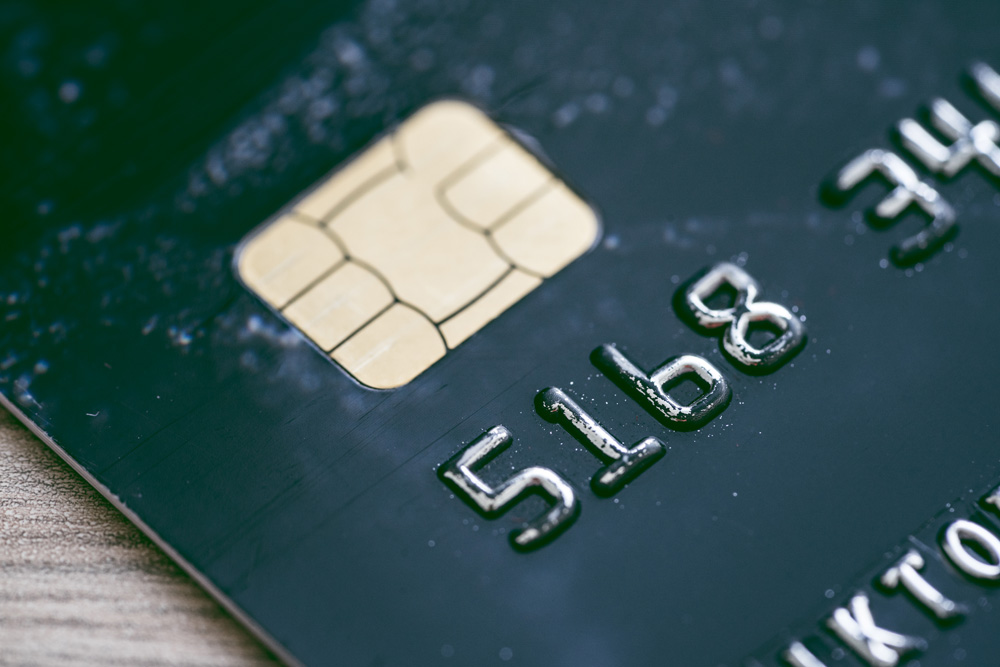
Having credit– mainly through charge card– can be a really vital facet of life. Credit cards commonly offer a person the monetary history essential to grow lendings, like for a vehicle or an initial residence. Many individuals think that having more than one bank card– and also thus a bigger credit line– with financial debt expanded is an important factor to building a solid credit score. While this can be true, the method you manage your debt versus credit score understood, as a “debt utilization ratio,” is a much larger variable for your credit history.
The credit rating utilization ratio is an equation that measures how much of your offered debt is being used every month. It is your financial debt separated by your complete credit limit. If you have billed $4,000 to one card and $1,000 to one more and your overall credit line over both cards is $10,000 the credit use proportion is 50%. In this instance, although the consumer makes normal repayments (and also perhaps even settles the full balance every month) having 50% of the total credit rating bound in debt is way too high, and considered a risky wager by the majority of loan providers. So although that the equilibrium might go back to no every month, the debt utilization that is factored right into the credit report just utilizes the proportion of debt utilized to credit scores offered.
So exactly how precisely does credit rating usage aspect right into your FICO credit rating? Ball game is a formula that utilizes several aspects. Mainly the five requirements utilized are:
- Payment history (35%).
- Quantities owed (30%).
- Size of credit rating (15%).
- New credit score (10%).
- Kinds of credit used (10%).
The “amounts owed” group comprises of a couple of different points, yet within there is your credit report utilization ratio. The lower your credit report application proportion the much better– a good target to strive is between 10 and also 30 percent.
When trying to handle your credit utilization there are many different strategies you may elect to take. One technique is to open brand-new credit lines by looking for more credit cards as well as expanding the financial debt. Undoubtedly, this will lower your debt usage proportion; nonetheless, this is not a fool proof way to raising your score. Keep in mind that your credit report also takes new debt right into account. Each time you look for a brand-new bank card that is factored into your score, and that can harm your score greater than if you really did not open up brand-new credit lines. Moreover, if you are refuted for a brand-new line of credit– becauseyour utilization ratio is too high– that can likewise adversely impact your rating. This method also transforms your size of credit history, as well as though it could not have an adverse effect, it’s something to take into consideration.
Often when individuals are trying to handle their finances they may make a decision that they possess way too many charge card, as well as it’s a great idea to cancel one. Besides the result it has on your credit history, this is also not advisable as a result of the adverse effect on your debt use. As an example, if you have three cards that total a credit line of $15,000 and the balance on one is $3,000 and also $750 on one more and also $0 on the third, the present use ratio is: 25%. If you were to cancel the 3rd card, which drops the overall line of credit to $10,000, the brand-new use ratio ends up being: 38% (rounded to nearest number). Although that might not seem like a considerable jump, the proportion has now wandered outside of the 10 to 30 percent sweet area, making you riskier to loan providers and possibly even elevating the rate of interest you will certainly get in the future. It would certainly be a far more prudent idea to transfer a section of your greater equilibrium to your other card as well as continue making regular payments. By doing this your usage remains the exact same, while your settlement and also credit rating expand positively.
A great rule of thumb to bear in mind when taking care of your finances and also credit history use is that it’s not always about having excessive credit scores, however exactly how you take care of your credit rating as well as accounts.


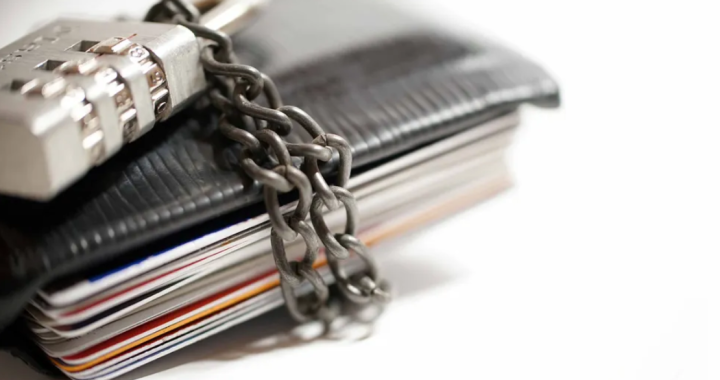 Securing Your Finances: A 3-Step Guide to Freezing Your Credit
Securing Your Finances: A 3-Step Guide to Freezing Your Credit  Elevate Your Savings Game: Why It’s Time to Switch to Accounts with 5%+ Rates
Elevate Your Savings Game: Why It’s Time to Switch to Accounts with 5%+ Rates 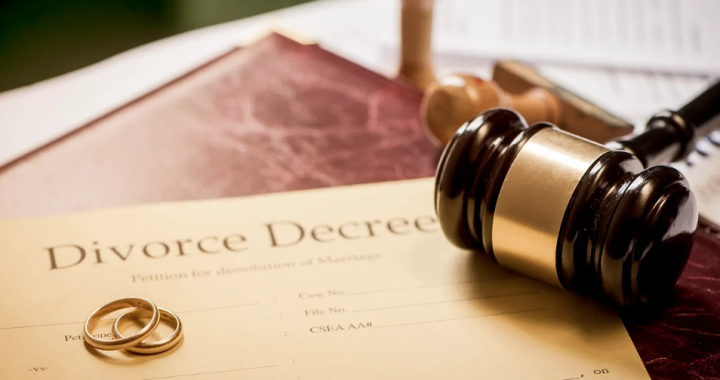 Gray Divorces: The Impact on Your Retirement Plans
Gray Divorces: The Impact on Your Retirement Plans 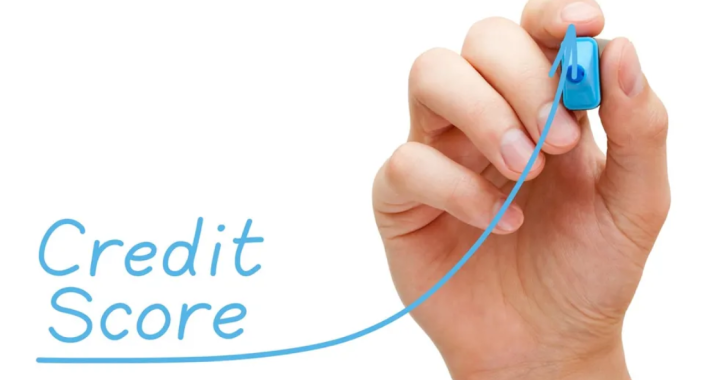 Elevate Your Credit Score Quickly: 6 Effective Strategies
Elevate Your Credit Score Quickly: 6 Effective Strategies  5 Hidden Gems: Bargain Vacation Destinations Away from the Crowds
5 Hidden Gems: Bargain Vacation Destinations Away from the Crowds  Experian’s $650K Fine: Unpacking the Consequences of Spamming Violations
Experian’s $650K Fine: Unpacking the Consequences of Spamming Violations 
 Reigniting Your Passion for Charitable Giving: What to Do When the Flame Flickers
Reigniting Your Passion for Charitable Giving: What to Do When the Flame Flickers  Anticipating Savings: How a Landmark Court Case Could Make Home Sellers’ Costs More Affordable
Anticipating Savings: How a Landmark Court Case Could Make Home Sellers’ Costs More Affordable  5 Imperative Facts to Acknowledge Before You Opt for Debt Settlement
5 Imperative Facts to Acknowledge Before You Opt for Debt Settlement  Save Money During the Winter Months with These Easy Tips
Save Money During the Winter Months with These Easy Tips  Credit Rating: How To Improve Credit Rating?
Credit Rating: How To Improve Credit Rating?  Top Property Investment Tips
Top Property Investment Tips  How To Save The Cost Of College Education?
How To Save The Cost Of College Education?  Top Money Saving Tips For Everyday Spending
Top Money Saving Tips For Everyday Spending  Retirement Red Flags: The 5 Worst Habits to Leave Behind
Retirement Red Flags: The 5 Worst Habits to Leave Behind 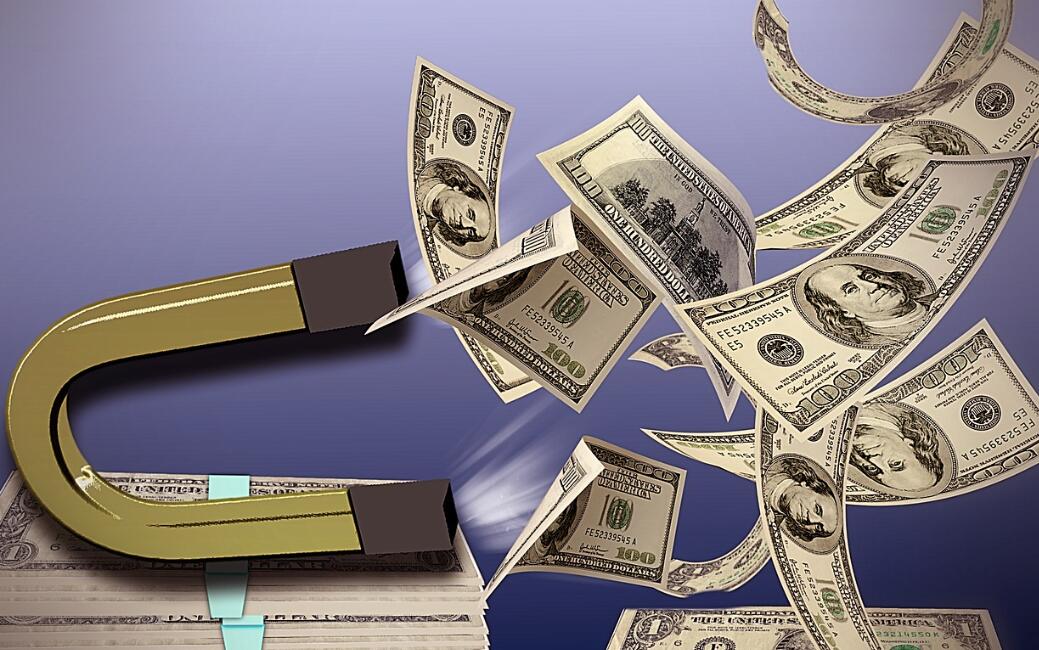 Financial Stability: The 67 Best Dividend Stocks for Dependable Growth
Financial Stability: The 67 Best Dividend Stocks for Dependable Growth  Caring for Your Loved One: Financial Tips for Managing Incapacity
Caring for Your Loved One: Financial Tips for Managing Incapacity  Top Money Saving Tips While Travelling
Top Money Saving Tips While Travelling  Gray Divorces: The Impact on Your Retirement Plans
Gray Divorces: The Impact on Your Retirement Plans  Smart Starts: Saving for College Today to Dodge Future Debt
Smart Starts: Saving for College Today to Dodge Future Debt